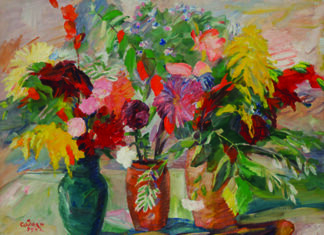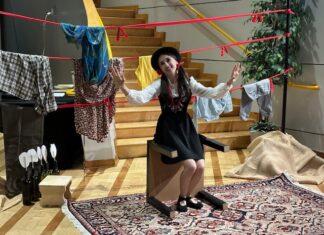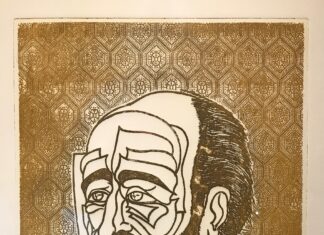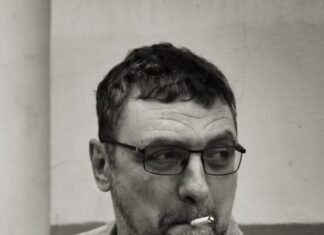By Alin K. Gregorian
Mirror-Spectator Staff
LOS ANGELES — Dawn Anahid MacKeen grew up in Los Angeles, the granddaughter of survivors of the Armenian Genocide. She is also an investigative journalist. Combing her vocation with her passion seemed like a natural thing.
That is how the idea for her new book, The Hundred Year Walk, An Armenian Odyssey, was born.
“I wanted to look at [the Genocide] from a reporter’s perspective,” she said during a recent interview from her home in Los Angeles.
MacKeen was thrilled to find out that her grandfather, Stepan Miskjian had kept meticulous journals.









